What is Real Estate Investment?
Real estate investment involves purchasing, owning, managing, renting, or selling real estate for profit. It’s a diverse field that can include residential properties, commercial spaces, or even land.
Key insight: The key to success in real estate investing is understanding market trends, property values, and the economic factors influencing the real estate market.
A Guide For Beginners: Strategies for Successful Property Investment
For beginners in real estate investments, starting small and focusing on learning is essential. This could mean investing in a single residential property or a small commercial space. As you grow more comfortable and knowledgeable, you can expand your investments to include more properties
- Start with a Single Property: Beginners should consider starting with one residential property, like a house or a condo. It’s a manageable way to learn the basics of property ownership, maintenance, and tenant management.
- Understand the Market: Before diving in, spend time understanding the local real estate market. Research property values, rental rates, and neighborhood trends to make an informed investment.
- Empower Yourself: Take advantage of real estate courses, online resources, and books. Knowledge about real estate investing, property laws, and finance is invaluable.
- Budget Wisely: Assess your financial situation and set a budget. Consider all costs, including down payments, mortgage payments, property taxes, and maintenance expenses.
- Consider a Small Commercial Investment: Once comfortable with residential properties, explore a small commercial space like a retail unit or a small office building. These can offer different investment challenges and rewards.
- Gradually Diversify Your Investments: As you gain experience and confidence, start diversifying your portfolio. This can include different types of properties (like multi-family homes or larger commercial spaces) and investments in various geographical locations.
The Role of Savings in Real Estate Investment
Savings play a crucial role in real estate investment. A solid savings strategy can provide the initial capital needed to make your first investment.
- Initial Capital for Investment: Savings act as the foundation for your initial real estate investment. Having a solid savings base can cover down payments and other upfront costs.
- Emergency Fund for Unforeseen Expenses: Real estate can come with unexpected costs like repairs or vacancies. Savings provide a financial cushion to manage these without stress.
- Better Financing Options: Strong savings can improve your creditworthiness, leading to better mortgage terms and interest rates from lenders.
- Opportunity for More Investments: Regular savings can fuel the purchase of additional properties, helping to grow your real estate portfolio over time.
- Risk Mitigation: In fluctuating markets, having savings ensures you’re not over-leveraged in your investments, protecting you from market downturns.
- Planning for Long-Term Expenses: Savings help in planning for long-term property expenses, such as major renovations, upgrades, or even eventual property sales
Savings Strategies for Future Investments
Savings strategies play a pivotal role in building a secure financial future, especially regarding future investments. Whether you’re planning for real estate ventures, stock market investments, or expanding your business portfolio, having a robust savings plan is crucial.
- Set Clear Savings Goals: Determine your investment objectives and how much capital you’ll need. Setting specific, measurable goals can provide a clear target for your savings efforts.
- Automate Your Savings: Set up automatic transfers to a dedicated savings account. This helps in consistentlysaveg a portion of your income, ensuring you regularly contribute to your investment fund without the temptation to spend.
- Diversify Your Savings Approach: Don’t just rely on a single savings account. Consider other saving instruments like high-yield savings accounts, certificates of deposit (CDs), or money market funds, which can offer better returns.
- Reduce Unnecessary Expenses: Review your spending habits and identify areas where you can reduce your expenses. Reducing unnecessary expenses can free up more money to divert into your savings.
- Increase Your Income Streams: Look for ways to boost your income, such as side hustles, freelance work, or investing in dividend-paying stocks. Extra income can significantly accelerate your savings rate.
Real Estate Investment: Short-term vs Long-term
When you’re getting into real estate, think about what you want to achieve with your money and how soon you want it. There are two main ways to do this:
Short-term Investments:
- These investments are typically geared towards generating quick financial returns.
- A common strategy is ‘flipping’ properties, which involves purchasing underpriced or undervalued properties, renovating them, and selling them at a higher price.
- This approach requires a good eye for potential, knowledge of the local real estate market, and the ability to manage renovation projects efficiently.
- Short-term investments can be more risky, as they often depend on the immediate state of the market and the ability to quickly sell the property.
Long-term Investments:
- Long-term real estate investments are about building wealth gradually over an extended period of time.
- This often involves purchasing properties to rent out, generating a steady stream of rental income along with the potential for the property’s value to appreciate over time.
- Long-term investments typically require less hands-on involvement day-to-day, especially if a property management company is involved. Still, they require patience and a commitment to the long horizon.
- This type of investment is often seen as more stable compared to short-term strategies, as it rides out market fluctuations and benefits from long-term market growth.
Wrapping Up
Investing in real estate can be a pathway to financial stability and growth. By combining sound investment strategies with effective savings plans, you can steadily build a portfolio that enhances your financial future. Remember, real estate investments require careful planning, research, and a clear understanding of your financial goals. Whether you are just starting or looking to expand your portfolio, a well-thought-out real estate investment plan is crucial to succeed.




